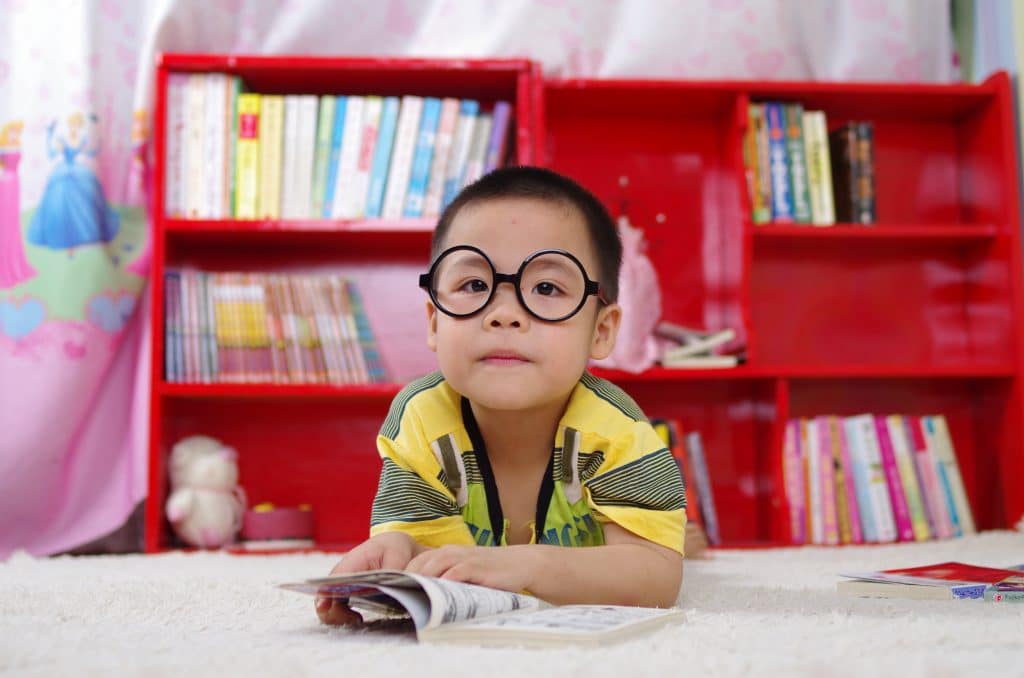When I first started working with kids who needed to wear glasses, I realized how important it was to teach them proper care. It’s not just about making sure the glasses last; it’s about helping kids take responsibility for something that directly impacts their day-to-day life. This guide is designed to help you teach your child how to take care of their glasses, ensuring that they stay in good condition and your child learns valuable life skills. We’ll cover everything from cleaning to storage, so you and your child feel confident in maintaining those important frames.
Table of Contents
Step 1: Explain the Importance of Taking Care of Glasses
The first step in teaching kids to take care of their glasses is explaining why it’s important. Glasses help them see better, which is crucial for school, playing, and everyday activities. Damaged glasses can affect their vision and may need to be replaced, which can be costly and inconvenient.
Step 2: Demonstrate How to Clean Glasses Properly
Cleaning glasses is an essential part of care, and it’s something your child can learn easily. Here’s how to do it:
- Use a Microfiber Cloth: Teach your child to use a microfiber cloth to gently wipe the lenses. Explain that other materials, like their shirt or paper towels, can scratch the lenses.
- Use Lens Cleaner or Warm Water: Show them how to use a lens cleaner or warm water with a drop of dish soap. Remind them never to use hot water as it can damage the lens coating.
Step 3: Teach Them How to Handle Glasses
Handling glasses with care is just as important as cleaning them. Here’s what to teach:
- Use Both Hands: Explain that they should always use both hands to put on and take off their glasses. This prevents the frames from becoming misaligned.
- Avoid Placing Glasses Lens-Down: Demonstrate why they should never place their glasses lens-down on a surface to avoid scratches.

Read more: 5 Tips for Helping a Child With ADHD Clean Their Room
Step 4: Show Them How to Store Glasses Properly
Proper storage is key to keeping glasses safe when they’re not being worn. Here are some tips:
- Use a Hard Case: Encourage your child to store their glasses in a hard case when they’re not wearing them. This protects the glasses from damage.
- Keep the Case in a Consistent Spot: Help your child choose a consistent place to keep their glasses case, like a nightstand or a specific drawer, so they always know where it is.
Step 5: Discuss What to Do if Glasses Get Damaged
Even with the best care, accidents can happen. It’s important that your child knows what to do if their glasses get damaged:
- Tell an Adult Right Away: Teach your child to let you know immediately if their glasses are bent, scratched, or broken.
- Avoid Trying to Fix Them: Explain that they shouldn’t try to fix the glasses themselves, as this can cause more damage. It’s best to take them to an optician.
Step 6: Reinforce Good Habits with Positive Reinforcement
Finally, reinforcing these habits is crucial to making them stick. Praise your child when they take good care of their glasses, and gently remind them if they forget.
- Use a Reward System: Consider using a reward system where your child earns points or stickers for properly taking care of their glasses.
- Make It Routine: Incorporate glasses care into your child’s daily routine, like cleaning them before bed or after school.
Common Mistakes to Avoid
While teaching your child to care for their glasses, it’s important to be aware of common mistakes:
- Using Abrasive Materials: Emphasize the importance of using a microfiber cloth, as rough materials can scratch the lenses.
- Skipping the Case: Encourage your child to use their case every time they take off their glasses to prevent accidental damage.
- Neglecting Regular Cleaning: Remind your child that regular cleaning prevents smudges and keeps their vision clear.

Goally | Best Videos to Teach Life Skills
Give your kid an independent future. Goally has 100+ video classes teaching life skills like “How to Choose a Restaurant,” “How to Interrupt Politely,” and “How to Get Ready for School.”
Goally takes kids on an adventure that includes interactive practice and checkpoints along the way! No web browsers, YouTube, or social media.
Teaching your child to take care of their glasses is not just about maintaining the glasses themselves—it’s about helping them learn responsibility and care for their belongings. With these steps, you can guide your child in developing habits that will keep their glasses in top shape, ensuring they see clearly and confidently every day.
Helpful Resources
Here are some resources where you can learn more about caring for kids’ glasses:
FAQ’s About How to Take Care of Glasses
What is Goally's solution for teaching kids how to take care of glasses?
Goally offers a dedicated tablet with video classes that provide step-by-step instructions on how to take care of glasses, making learning easy and fun for kids.
How does Goally break down the task of taking care of glasses?
Goally uses task analysis to break down the task into manageable steps, covering everything from understanding what glasses are, to cleaning and general care.
Can Goally help my child learn to clean their glasses independently?
Yes, Goally's video classes are designed to teach kids how to clean their glasses independently, promoting self-reliance and responsibility.
How often should my child use Goally to learn how to take care of glasses?
Regular use of Goally will reinforce the steps and habits of taking care of glasses, ensuring your child becomes proficient over time.
What other skills can my child learn with Goally apart from how to take care of glasses?
Goally offers a range of video classes teaching various life skills, from personal hygiene to chores, all broken down into easy-to-follow steps.
This post was originally published on 12/12/2023. It was updated on 08/14/2024.
Emily is a seasoned blog writer for Goally, leveraging her extensive background in child psychology and special education to provide valuable insights and resources for parents. Her commitment to understanding and addressing the unique needs of these children, combined with her expertise in educational strategies, makes her a credible and empathetic voice for families.





